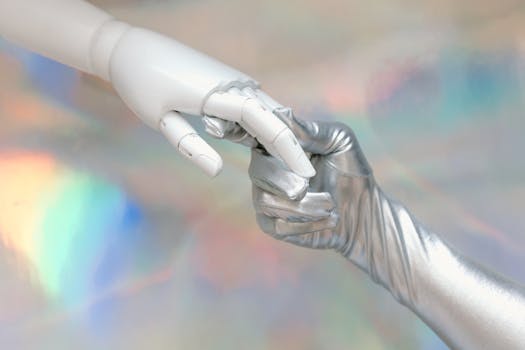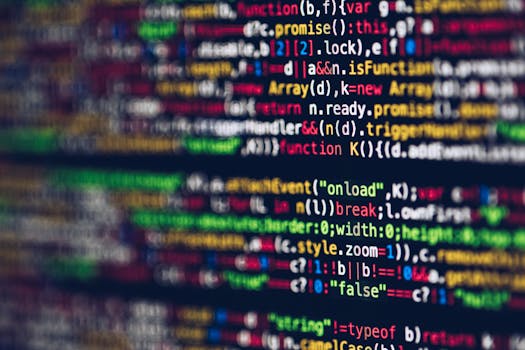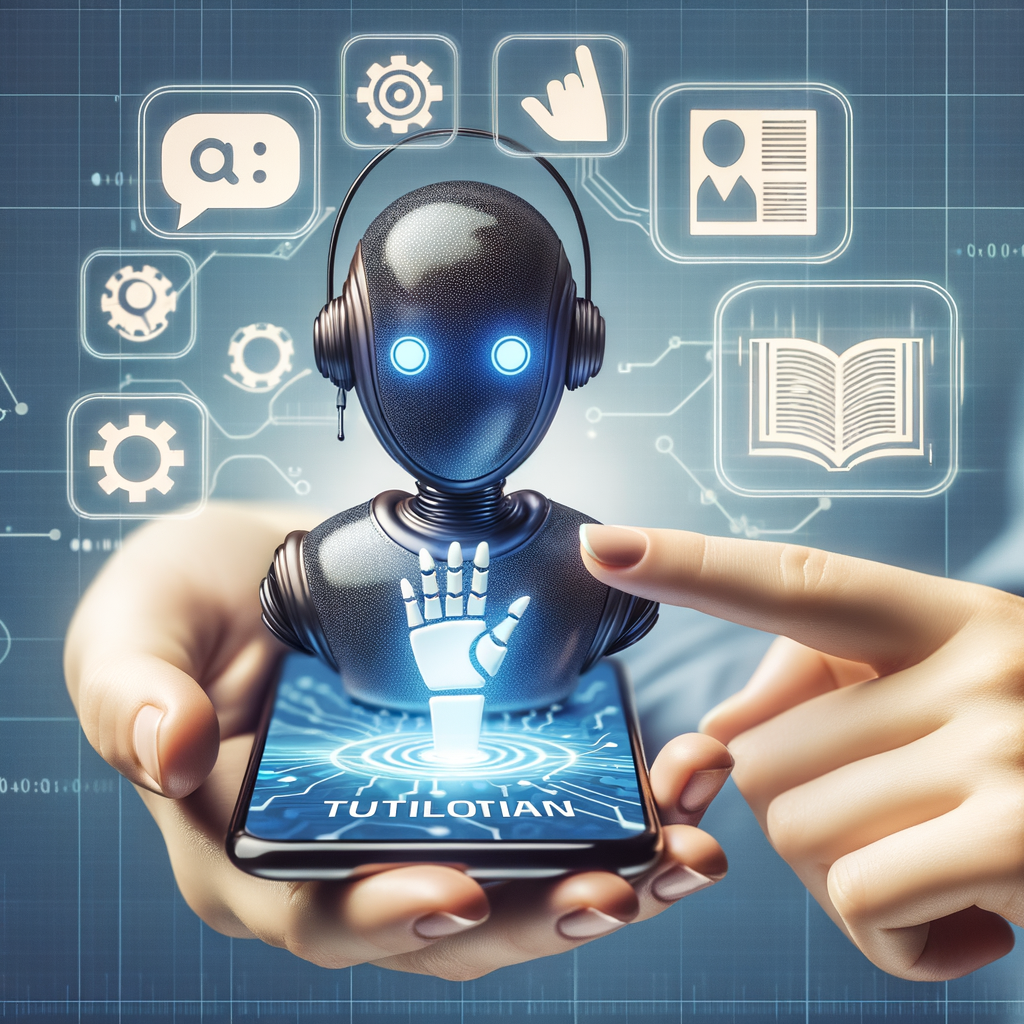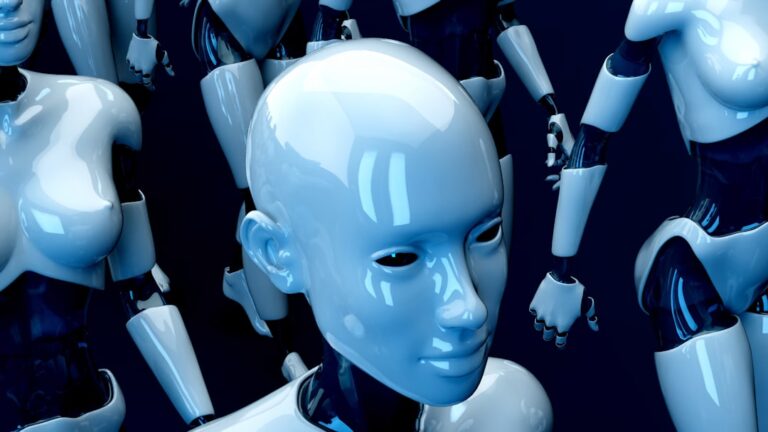Why AI Agents Matter in Today’s Digital World

AI Agents fundamentals, and their growing role in technology
Photo by Tara Winstead on Pexels
Artificial Intelligence (AI) agents are transforming how software interacts with the world—and with us. If you’ve ever wondered what makes AI agents so powerful, or how they differ from traditional software, you’re in the right place. This comprehensive guide breaks down the essentials, using real-world examples, actionable insights, and expert explanations to help beginners grasp the fundamentals of AI agents and their growing role in technology.
“AI agents are reshaping industries by bringing adaptive, goal-driven intelligence to digital systems. Understanding them is key to staying ahead in tech.”
What Is an AI Agent?
Core Definition
An AI agent is a software entity that perceives its environment, processes information, and takes actions to achieve specific goals. Unlike static programs, AI agents adapt their behavior based on experience and feedback.
Key Characteristics
- Autonomy: Operates independently to complete tasks.
- Reactivity: Responds to changes in its environment.
- Pro-activeness: Initiates actions to fulfill objectives.
- Social Ability: Can interact and collaborate with humans or other agents.
Examples in Everyday Life
- Virtual assistants (e.g., Siri, Alexa)
- Chatbots for customer support
- Self-driving vehicles
- Personalized recommendation engines
How AI Agents Differ from Traditional Software

Photo by Markus Spiske on Pexels
Static vs. Dynamic Behavior
Traditional software follows predefined instructions. In contrast, AI agents can learn and adjust their strategies over time.
Environmental Awareness
- Traditional Software: Operates in a controlled, predictable environment.
- AI Agents: Continuously sense and interpret real-world data.
Decision-Making
AI agents use algorithms and models (like machine learning) to make complex decisions, often in real time.
Table: Key Differences
| Aspect | Traditional Software | AI Agent |
|---|---|---|
| Adaptability | Low | High |
| Learning Capability | None | Yes |
| Decision Autonomy | Limited | Extensive |
| Environmental Awareness | Minimal | Advanced |
Types of AI Agents
Simple Reflex Agents
- Act solely on current percepts
- Example: Basic thermostat
Model-Based Reflex Agents
- Maintain internal state for better decisions
- Example: Smart thermostat that adapts to usage patterns
Goal-Based Agents
- Make decisions based on desired outcomes
- Example: Robotic vacuum navigating to clean efficiently
Utility-Based Agents
- Evaluate multiple goals and select actions that maximize utility
- Example: Stock trading bots optimizing for profit
Learning Agents
- Improve performance over time through experience
- Example: AI in video games adapting to player strategies
How AI Agents Work: The Core Components
1. Perception
AI agents use sensors (virtual or physical) to gather data from their environment.
2. Reasoning
They process information using algorithms, such as:
- Rule-based logic
- Machine learning models
- Heuristic search
3. Action
Based on reasoning, the agent takes actions via actuators or outputs.
4. Feedback Loop
The agent evaluates the outcome, learns from experience, and refines future behavior.
Actionable Tips for Understanding and Using AI Agents
For Beginners
- Start with Practical Examples: Explore virtual assistants or chatbots to observe AI agent behavior.
- Study Basic Algorithms: Learn about decision trees, neural networks, and reinforcement learning.
- Experiment with Open Source Tools: Try platforms like OpenAI Gym or Microsoft Bot Framework.
For Businesses
- Identify repetitive processes that can be automated with AI agents.
- Consider customer-facing bots for 24/7 support.
- Use AI-driven analytics for smarter decision-making.
For Developers
- Incorporate feedback loops to make agents adaptive.
- Prioritize ethical design and transparency in agent behavior.
- Leverage cloud-based AI services for faster deployment.
Common Questions About AI Agents (FAQ)
Q: Are AI agents the same as bots?
While all AI agents are bots, not all bots are AI agents. True AI agents adapt and learn, while simple bots follow scripts.
Q: Can AI agents operate without human intervention?
Yes, advanced AI agents are designed for autonomous operation, though oversight is often recommended.
Q: How secure are AI agents?
Security depends on design. Employ best practices for data privacy, access control, and regular updates.
Conclusion: Key Takeaways and Next Steps
AI agents, with their ability to perceive, reason, and act autonomously, are at the forefront of modern technology. They differ from traditional software through adaptability and learning capabilities, making them essential in industries ranging from healthcare to finance. Understanding AI agents is crucial for anyone aiming to thrive in the digital era.
Ready to dive deeper? Explore our other AI guides and tutorials to expand your knowledge—and consider how AI agents could transform your projects or business.
Further Reading
- How Chatbots Use AI Agents
- Benefits of AI in Business
Stay updated on the latest in AI by subscribing to our newsletter!







